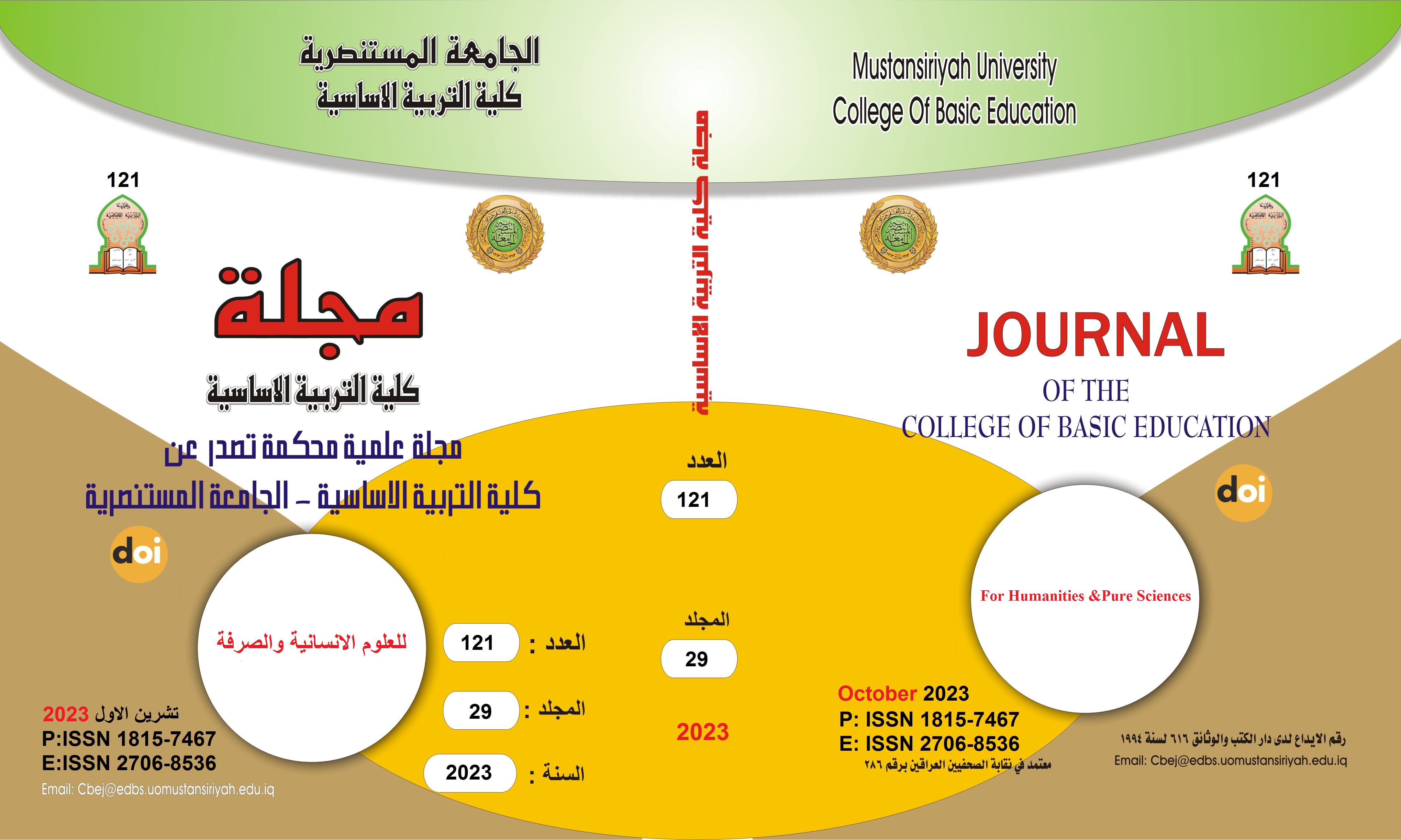Assessment of groundwater quality using the weighted arithmetic method for the water quality index (WAWQI) in the districts of Shu'ub, Azal and Al-Safia - Sana'a
Main Article Content
Abstract
The study aimed to assess the quality of groundwater for each well and its suitability for human uses in the study area using the weighted arithmetic method of the groundwater quality index (WAWQI), To achieve the objectives of the study, the quantitative analytical approach was used to perform spatial and statistical analyzes of field study data and laboratory analyses, and to produce maps and graphic figures using technical programs to determine the quality of groundwater in the study area, This study relied on collecting samples from (51) wells to analyze the physical, chemical and biological properties in the laboratory, and the results of the laboratory analysis were used to determine the quality of groundwater and to study the correlation between the analyzed elements and to identify the most influential elements on the quality of groundwater in the study area. The study concluded that (28) wells, with a rate of 55% of the samples, are unfit for use, while 4% of the samples are of low quality and appear in two wells, and two other wells of very low quality by 4%, while it was found that (13) wells, with a rate of 25%. The quality of the samples is excellent, and the number of wells of good quality is (6) wells, representing 12% of the study samples. The results of the Pearson coefficient analysis also showed that there is a complete direct correlation between (HCO3-TH) and (FC-TC), and a very strong correlation between (Ca-TH) and (TDS-EC), and a strong correlation between (Ca-EC) and (Ca-EC). (C-T), (Ca- TDS), (EC-TH), (TDS-TH), (SO4-Mg) and (CL-EC), and that the most effective elements in groundwater pollution are fecal coliforms, total coliforms, and total alkalinity, color, turbidity, total hardness, ferrous iron, magnesium, total dissolved salts, electrical conductivity, sulfates, pH, calcium. The study recommended conducting periodic laboratory analyzes of well water to identify areas of low quality and conducting appropriate treatments to raise the efficiency of groundwater quality and reduce pollution sources.
Article Details

This work is licensed under a Creative Commons Attribution-ShareAlike 4.0 International License.
